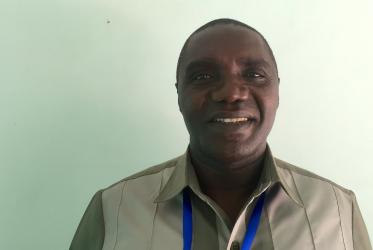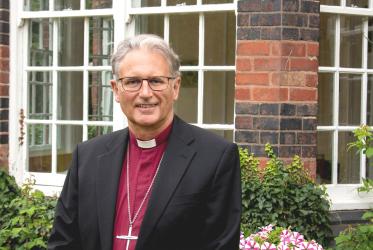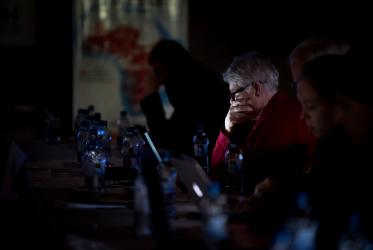Displaying 1 - 13 of 13
In Lebanon, “without peace there is no justice”
21 July 2021
“Coventry Cathedral continues to speak a word of hope to the world”
10 December 2020
2018 Ecumenical School on Governance, Economics and Management (GEM) for an Economy of Life
19 - 31 August 2018
Mexico City, Mexico









